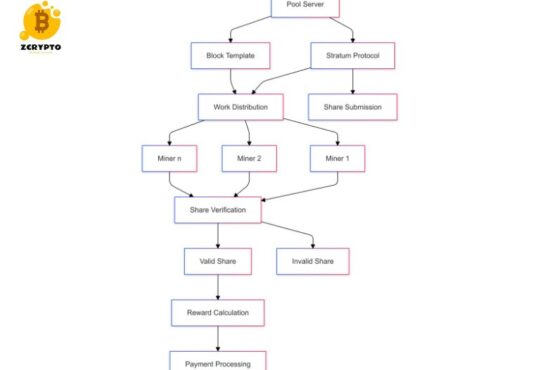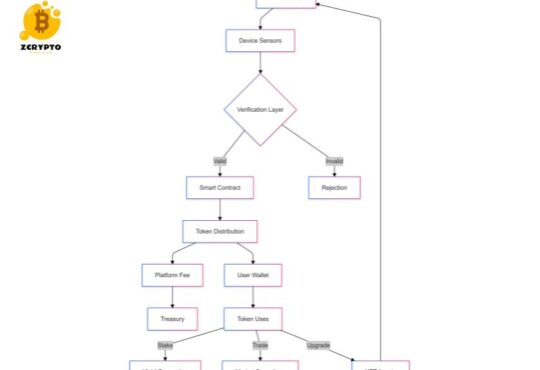
Unlock Instant Capital: How a Merchant Cash Advance Can Transform Your Business
In the fast-paced world of small business, access to capital can be the difference between seizing an opportunity and missing out. For many entrepreneurs, traditional loans are often too slow and too restrictive. This is where Merchant Cash Advances (MCAs) come into play, offering a swift and flexible financing solution that has gained significant popularity among small businesses. In this article, we will delve into how MCAs work, their benefits and drawbacks, and how they can be a transformative financing option for your business.
What is a Merchant Cash Advance?
A Merchant Cash Advance (MCA) is not a loan but an advance on future sales. Unlike traditional loans that require fixed monthly payments, MCAs are repaid through a percentage of your daily or weekly credit card sales. Here’s how it works: you receive an upfront lump sum from the MCA provider, and in return, you agree to pay back the amount plus a fee (known as the factor rate) over a short period.
The key characteristics of MCAs include:
-
Upfront Lump Sum: You receive immediate access to capital.
-
Repayment Method: A percentage of your daily or weekly credit card sales is deducted automatically.
-
Factor Rates: These determine the total amount you will pay back.
-
Short Repayment Periods: Typically ranging from several months to a couple of years.
The Appeal of Speed and Accessibility
One of the primary allures of MCAs is their speed and accessibility. Unlike traditional bank loans that can take weeks or even months to process, funds from an MCA can be received within 24-48 hours, making them ideal for urgent capital needs. The application process is streamlined, requiring minimal documentation, which makes MCAs accessible to businesses with lower credit scores or limited operating history.
This quick access to capital can be a lifeline for businesses facing unexpected expenses or needing to capitalize on sudden market opportunities. Whether you’re a restaurant owner needing to make payroll during a slow month or a retailer looking to stock up on inventory before a holiday rush, MCAs provide the swift financial boost you need.
Scenarios Where MCA Loans Can Be Beneficial
MCAs can be particularly valuable in several scenarios:
-
Rapid Response to Market Opportunities: Imagine having the chance to purchase a highly sought-after product line but needing immediate capital to secure it. An MCA allows you to act quickly without missing out.
-
Addressing Cash Flow Challenges: For businesses like restaurants or retail stores that experience seasonal fluctuations in sales, MCAs can help bridge the gap during slow periods.
-
Funding Short-Term Projects: Construction companies starting major contracts or event planners organizing large events often need quick access to funds. MCAs can provide the necessary capital without long-term commitments.
Benefits of Merchant Cash Advances
The benefits of MCAs are numerous:
-
Fast Access to Capital: During liquidity crunches, MCAs offer immediate relief.
-
No Impact on Credit Scores: Since MCAs are not loans, they do not affect your credit score.
-
Flexible Repayment: Tied to your daily or weekly sales, this helps manage cash flow more effectively.
-
Versatile Use Cases: From purchasing inventory and making payroll to covering operating expenses, MCAs offer flexible financing solutions.
Drawbacks and Considerations
While MCAs offer many advantages, there are also some significant drawbacks to consider:
-
High Costs: The factor rates associated with MCAs can result in high effective interest rates compared to traditional loans.
-
Debt Cycle Risk: The high costs and automatic deductions from sales can trap businesses in a cycle of high-cost debt.
-
Impact on Future Cash Flow: The automatic deductions from your sales can significantly impact your future cash flow.
It’s crucial to weigh these factors carefully before opting for an MCA to ensure it aligns with your business’s long-term financial health.
Refinancing MCAs with SBA Loans
If you find yourself in an MCA cycle that’s straining your finances, refinancing with an SBA loan could be a viable option. SBA loans offer lower interest rates and longer repayment terms compared to MCAs. By refinancing, you can reduce your effective interest rate and free up significant cash flow for other business needs. This transition from short-term financing to more sustainable long-term financing can significantly improve your business’s financial health.
Future Trends in Merchant Cash Advances
As technology continues to evolve, we’re seeing emerging trends in the MCA market:
-
Integration with Software Platforms: Many MCA providers are integrating their services with software platforms used by businesses, making it easier for entrepreneurs to manage their finances.
-
Growth in Industries: Industries like retail, hospitality, and e-commerce are increasingly leveraging MCAs due to their flexibility and speed.
Strategies for SMBs
To adapt to the evolving landscape of MCAs:
-
Stay Informed: Keep abreast of industry trends and changes in regulations.
-
Explore Different Financing Options: Don’t rely solely on MCAs; explore other financing options such as SBA loans or line-of-credit facilities that might offer better terms depending on your business needs.
By understanding these trends and strategies, SMBs can make informed decisions about their financing options and ensure they are well-positioned for growth and success.



